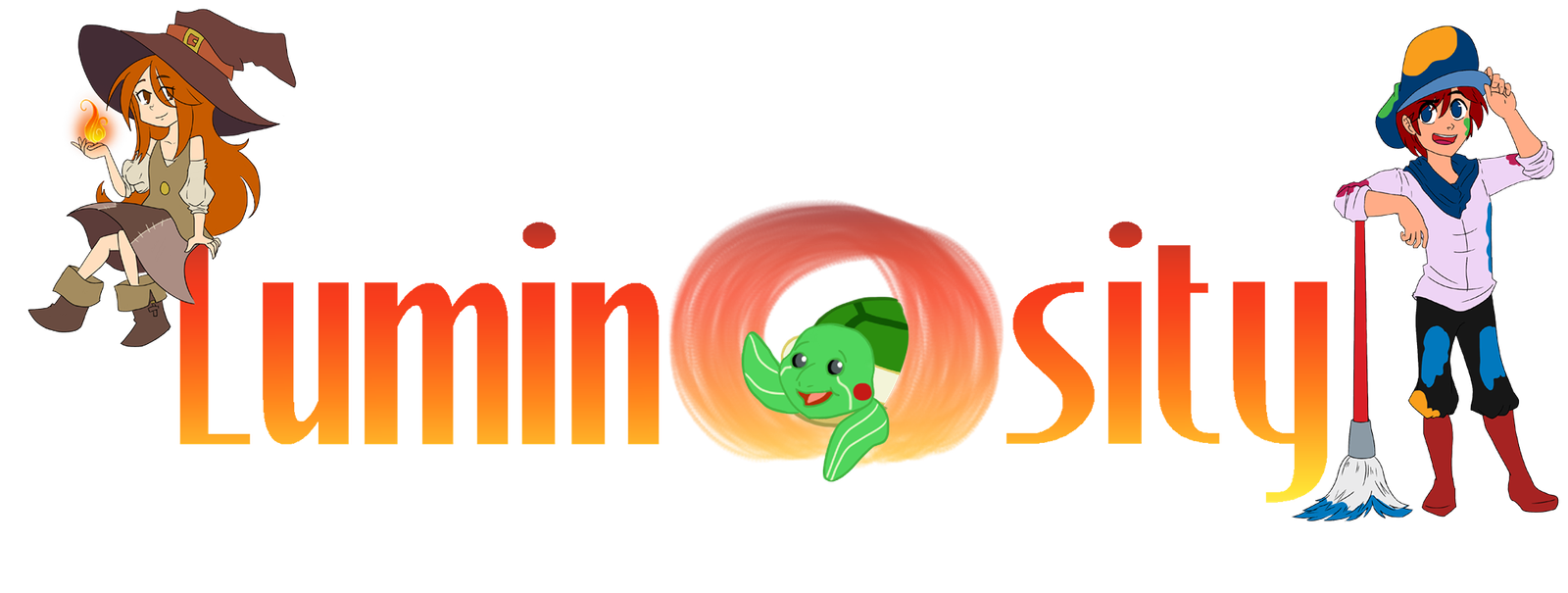As game developers – we’re always striving to improve our craft whether by finding online tutorials or videos. However, it can be difficult to wade through the large amount of information and tutorials. Whether you’re just getting started or want to improve your skills in an area – we’ve gathered some of the best resources we could find for the many different areas of game development.
Game Design
Extra Credits – Insightful look at games throughout history and why the do or don’t work
GDC Vault – Excellent library of videos from various GDC panels about game design and development. They have a free and paid section.
Game Design Dojo – While they haven’t released a podcast since 2016 – their backlog offers some excellent insights and is hosted by two game industry veterans.
Lost Garden – Although the author doesn’t update often, there are tons of great articles on how to improve core gameplay and even some free art assets!
Gamasutra – If you aren’t visiting this site already, time to bookmark it and check out the articles at least once a day. Not only will you get some great info on game design, you’ll also be more informed about game news in general. And since you’re in the game industry, it’s good to keep an eye out on the news and trends.
Programming
Udemy – If you’ve got a little extra scratch, check out some classed in Udemy. Almost every month they have a $15 sale on some of the most popular courses so you can quickly learn how to create a game in Unity, HTML5 and more for a relatively low cost.
Learn Unity – What better place to learn how to use an engine than from the creators of the engine itself? Unity offers plenty of tutorials both standalone and as part of a series where you will actually complete a full game.
Game Programming Patterns – This free book shows you some common patterns you’ll often use when programming a game complete with pictures and sample code.
Game Code School – You can pick and choose some lessons or take a full course to take you from beginner to intermediate coder here. Even better, you can learn different engines like Unreal, Game Maker and more. While you won’t be able to download the sample projects for some of the tutorials, the site does provide you with some written explanation and the final code.
Envato Tuts+ – Here you’ll find a variety of tutorials ranging from programming to art to game design. It updates at least once a week and there’s a pretty hefty back log of tutorials. With that said, some of the older ones might not be useful, especially for engines, so be aware of new coding conventions if you choose to use something like Unity or GameMaker.
Lazy Foo’s Tutorials – When getting started with programming you want to learn the best practices and mentality of coding. That way you can easily transfer this to other languages like C#, Java, etc. Lazy Foo’s Tutorials has been around for years, but it’s still a great starting point for those who want to start good habits.
Game Art
2D Game Art for Programmers – Not an artist, but don’t have the time/money to find one? No worries! This site teaches you how to make attractive and simple vector art for your game. The author does a great job providing step-by-step guides and occasionally provides the actual files for you to use. Best of all, he uses free programs like Gimp and Inkscape so you can easily follow along.
Opengameart – If you need some assets quickly (maybe for a game jam or just for prototyping), then this is the best place to go. While the quality of the artwork varies, you can definitely find some that will blow you away. Before using it in a commercial game, make sure to check the licensing and, for good measure, contact the creator if you have any questions on usage.
Kenney – I can’t say enough good things about Kenney. Not only does he provide top-quality assets, he also provides the majority of them for FREE! Kenney also has developed a program – Asset Forge – where you can easily create your own 3D or 2D sprites.
Spine – If you want to create your own 2D animations – this is the program to use. It focuses on 2D skeletal animation so you can quickly and easily create all of the animations you need.
Blender – If you’re looking to make 3D models and don’t want to spend hundreds of dollars on another program then Blender is definitely the go-to program since it’s free! There’s definitely a learning curve here, so make sure to check out some tutorials and find some sample projects before you get started.
Game Music/SFX
Audio Tuts+ – Want to make your own game music? If you’ve got the time and patience, try out these tutorials to get you started.
SoundJay – Don’t want to deal with recording sound effects? Then check out SoundJay. There are dozens of different sound effects and they are free to use!
Stock Music – If you don’t fancy yourself a composer, then you might want to go ahead and purchase some music instead. Stock Music has a wide variety of genres available so hopefully you’ll be able to find a few you like.
LMMS – Want to try you hand at creating your own stuff? LMMS is a free tool you can use on Windows, Linux or Mac. It even offers instruments, plugins and samples.
DSK Music – need some more instruments to create that epic feel for a final boss fight? You can find most of them at DSK Music.
Marketing
Indie Game Girl – While she doesn’t update her site much anymore, there’s still a lot of great resources and information here from how to create a great landing page for your game to creating a buyer persona. The creator now works at an indie game publisher so you her tips are definitely legit!
Pixel Prospector Marketing Guide – This handy-dandy guide covers the marketing cycle from initial conception of your game to release and provides some excellent links to articles on each step.
tinyBuild list of Streamers – Twitch streamers and YouTubers are the biggest influencers in the game industry today. Many people trust them over game journalists and reviewers. So if you want to get your game in front of a captive audience, this list will definitely help. Just prepare yourself for potential negative backlash if your game just isn’t that good.
Big List of YouTubers – If you’re not a fan of Twitch, then why not look at some top YouTubers. This list is a little out-of-date, so click on the link of the YouTuber you want to contact to make sure it’s still the same person.
HubSpot Marketing – While this doesn’t focus specifically on game marketing, it is one of the leading blogs for marketing in general. These blog posts can help you with your marketing strategy and up your content marketing game.
Presskit() – Created by Rami Ismail (one of the co-founders of Vlambeer), this useful template lets you create a press kit template in under an hour. It also has seamless integration with their other app Promoter and Google Analytics.
Promoter – If you’ve got Presskit() why not integrate it with Promoter? This app allows you to seamlessly track any press mentions, send out Steam keys, and even provides event reminders. It’s not free, but saves you a lot of time to focus on your game.
IndieDB – An indie game news site where you can submit your own game and have other game developers and indie game enthusiasts find it. If you follow all the rules (at least 5 pictures or a 30 second long video) – you’ll get featured on the first page. What does that mean for you? You’ll get your game in front of thousands of people.
Forums
TIGSource – A great place to get some feedback and keep others updated on the latest updates to your PC or mobile game.
Toucharcade Forum – Quite possibly the best place to post your work in progress if you’re an iOS developer. The writers and editors of the site are in the forums often so it could very well lead to a feature.
Gamedev.net – Another excellent resource for game developers to learn from each other, ask questions and even find some people to work with.
Gamedev Subreddit – If you know how to work Reddit, then this is a great place to post your WIPs especially in the screenshot Saturday thread.
Other
Promoter Calendar – Okay, so we already mentioned it up above, but the calendar is another very handy tool as it shows you the deadlines for upcoming conventions and contests. Bookmark this page.
Game Confs – Another great resource for game conferences around the world.
Indie Game Jams – If you’re looking to get some experience with game making and work well on tight deadlines, this site provides a comprehensive list of all the game jams going on.
One Game a Month – Need a bit more time to flesh out an idea? One game a month is for you! Like a game jam, you have a theme, but where you take it depends on you!
Score – Although there may not be game developers at Score, the mentors here can help guide you on a path to being a small business owner and provide some insight into marketing, business development and more. While most require you to go into the offices, there are some that provide email or Skype meetings.
Are we missing some of your favorite resources? Let us know in the comments below!
Cover image via wccftech

